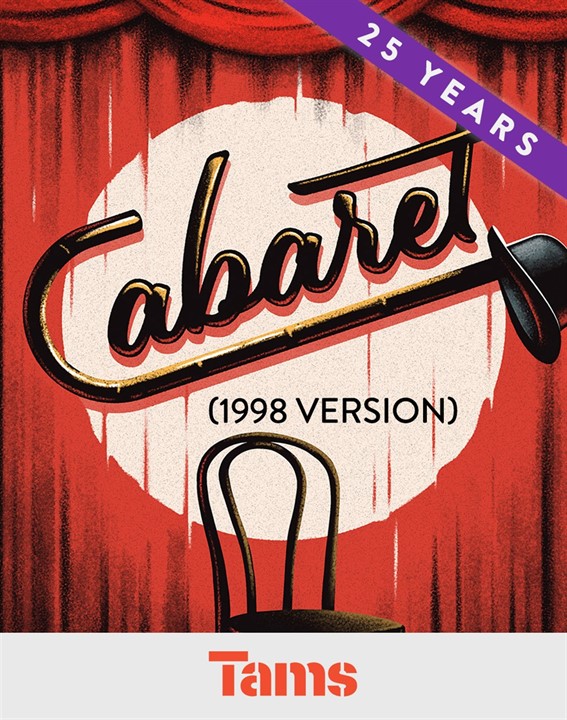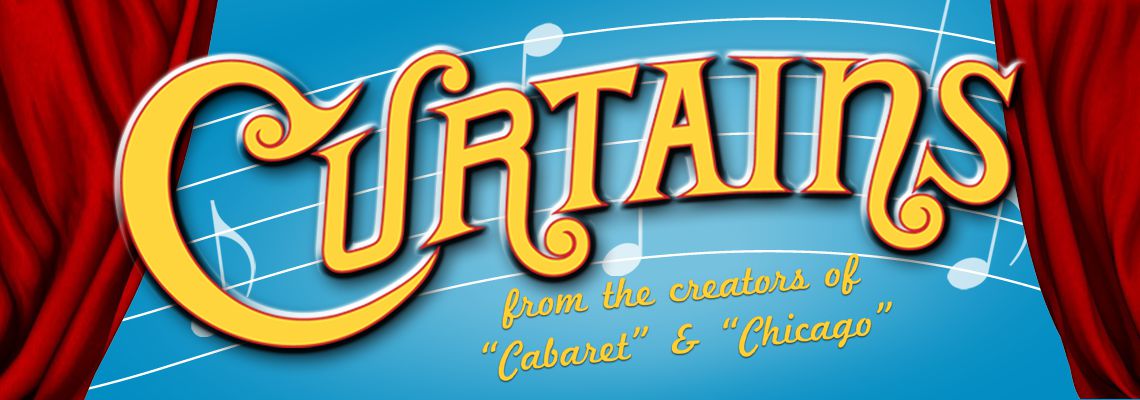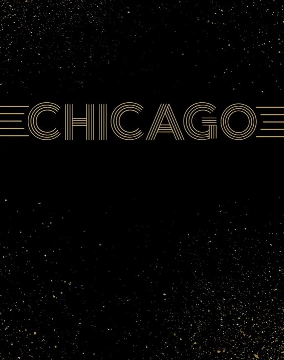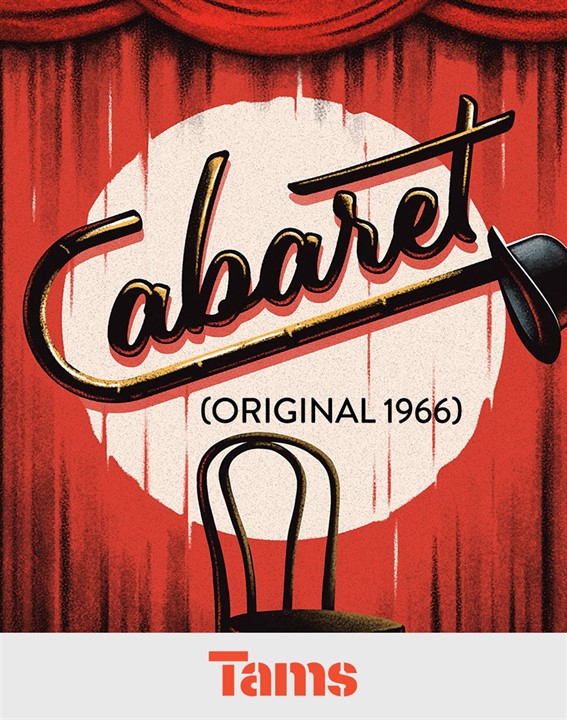
Cabaret (1998 Version)
- Full Length Musical, Drama, 1930s
- 8M, 8F
- ISBN: TW-8949
Daring, provocative and exuberantly entertaining, Cabaret explores the dark and heady life of Bohemian Berlin as Germany slowly yields to the emerging Third Reich.
* * * THE PERFORMANCE RIGHTS FOR THIS TITLE ARE CURRENTLY WITHDRAWN. IF YOU'RE INTERESTED IN JOINING THE WAITLIST FOR THIS TITLE, PLEASE SUBMIT YOUR CONTACT DETAILS THROUGH THE WEBSITE. * * *
Description
- Full Length Musical
- Drama
- 120 minutes
- Time Period: 1930s
- Target Audience: Adult
- Set Requirements: Unit Set/Multiple Settings
- Cautions: Alcohol, Mild Adult Themes, Strong Language, Smoking
- Orchestra Size: Medium
- Performance Group:
- Dinner Theatre, Community Theatre, Professional Theatre, Blackbox / Second Stage /Fringe Groups, College Theatre / Student
- Accolades:
- Winner! Eight Tony Award including Best Musical (1967)
Winner! Outer Critics Circle Award for Outstanding Production (1967)
Winner! The New York Drama Critics Circle Award for Best Musical (1967)
Winner! Four Tony Awards including Best Revival (1998)
Winner! Three Drama Desk Awards including Outstanding Revival (1998)
Winner! Three Outer Critics Circle Award including Outstanding Revival (1998)
Winner! Seven Olivier Awards including Best Musical Revival (2022)
- Only the Original 1966 version includes “Why Should I Wake Up?” and “Meeskite.”
- Only the Revised 1987 version includes “Don’t Go.”
- Only this 1998 version includes “Mein Herr” and “Maybe This Time.”
- The 1966 and 1987 versions include “The Telephone Song” and “Sitting Pretty.” This 1998 version does not.
- The 1987 and 1998 versions include “The Money Song” and “I Don’t Care Much.” The Original 1966 version does not.
- The three versions differ in their treatment of the character of Cliff: In the Original 1966 version, there is no suggestion that he may be gay or bisexual. In the Revised 1987, version his bisexuality is implied, and in this 1998 version, he is clearly gay or bisexual.
REVIEWS:
"A stunning musical... this marionette's-eye view of a time and place in our lives that was brassy, wanton, carefree and doomed to crumble is brilliantly conceived."
Walter Kerr, The New York Times
"A masterpiece of musical theatre... Cabaret unfolds as a haunting portrait of the decadent world of early 1930’s Germany."
Tom Williams, ChicagoCritic.com
"Stunning... a masterpiece of musical theater penned as a cautionary tale and not at all leavened by the embrace of paradox."
Chris Jones, The Chicago Tribune
"Cabaret, especially as restaged in New York by the Roundabout in 1998... proved to be one of the greatest reconfigurations of a classic musical ever. (It didn’t hurt that it always had one of the greatest scores, not to mention a trove of castoffs and movie additions to scavenge.) Though most of the intellectual force of the concept was already implicit in Prince’s staging, the new version developed it further, especially in honing the equivalence of entertainment and complicity to a sharper point with its realistic nightclub setting. It also emotionalized the material more completely... it muddied the distinctions between observer, satirist, collaborator, and victim."
Jesse Green, Vulture
"John Kander and Fred Ebb’s musical drama Cabaret, with Book by Joe Masteroff, is a show that keeps on giving.... a musical that shows interesting characters living through a difficult time, with great songs and mood and atmosphere."
Donald Brown, New Haven Review
Cabaret opened on Broadway on November 20, 1966, and played for 1,165 performances at the Broadhurst, Imperial, and Broadway Theatres. The London production ran for 336 performances at the Palace Theatre. The show was revised for Broadway, first in 1987, when it played for 261 performances at the Imperial and Minskoff Theatres, and again in 1998 at Studio 54, where it played for 2,377 performances. In 2014, Cabaret returned to Broadway at Studio 54, playing an additional 388 performances.
Characters
- Casting: 8M, 8F
- Casting Attributes: Role(s) for Non-Binary Actor(s), Drag Performance, Expandable casting, Strong Role for Leading Woman (Star Vehicle), Strong Role for Leading Man (Star Vehicle), Role(s) for Trans Actor(s)
- Chorus Size: Large
SALLY BOWLES
CLIFFORD BRADSHAW
ERNST LUDWIG
CUSTOMS OFFICIAL (doubles as Herman, non-speaking; and Max, speaking)
FRAULEIN SCHNEIDER
FRAULEIN KOST (doubles as Fritz, non-speaking)
RUDY (a sailor, non-speaking; doubles as Hans, also non-speaking)
HERR SCHULTZ
MAX (doubles as Herman, non-speaking, and Customs Official, speaking)
GORILLA (non-speaking, doubles as French, also non-speaking)
BOY SOPRANO (pre-recorded, non-speaking)
The Kit Kat Girls:
ROSIE (non-speaking)
LULU (non-speaking)
FRENCHIE (non-speaking, doubles as Gorilla, also non-speaking)
TAXAS
FRITZIE (non-speaking, doubles as Fraulein Kost, who speaks)
HELGA
The Kit Kat Boys
BOBBY
VICTOR
HANS (non-speaking, doubles as Rudy, a sailor, also non-speaking)
HERMAN (non-speaking, doubles as Customs Official and Max, both speaking)




